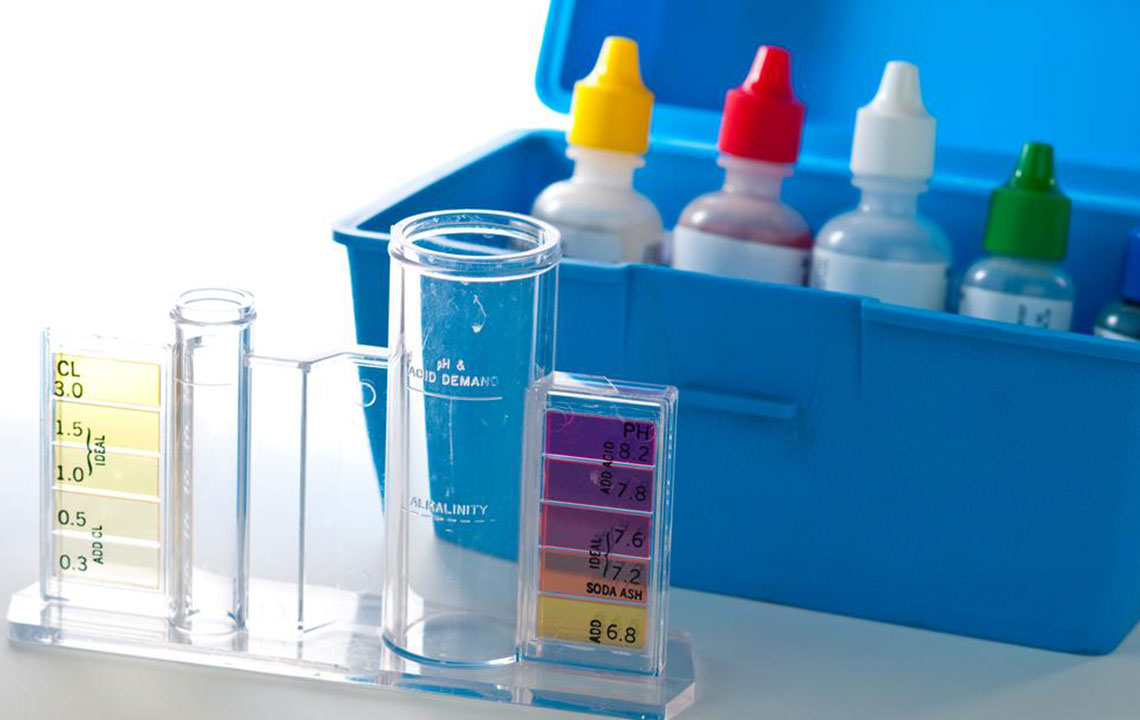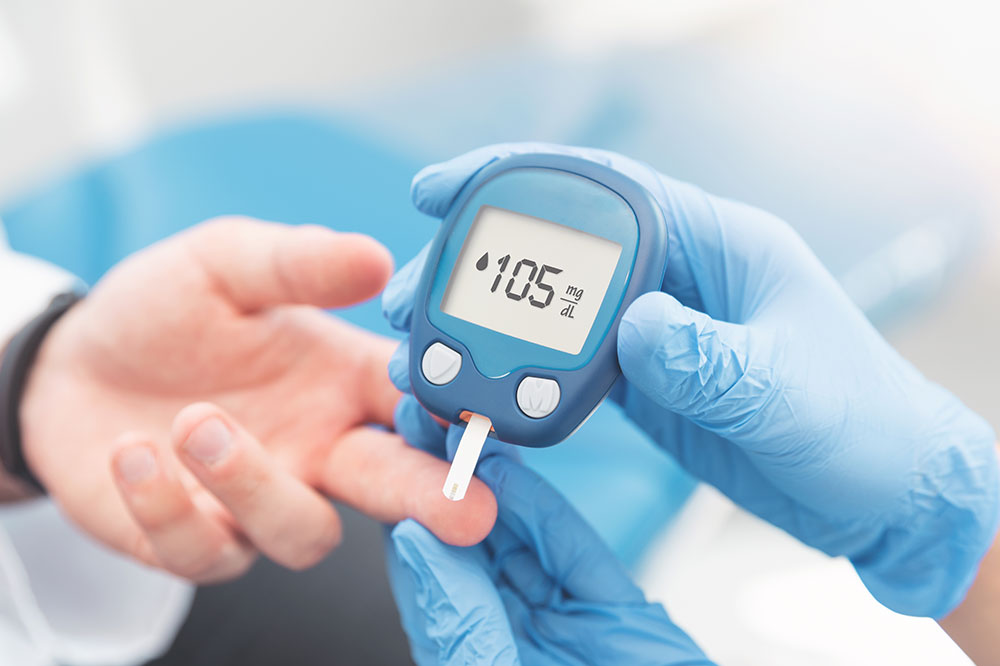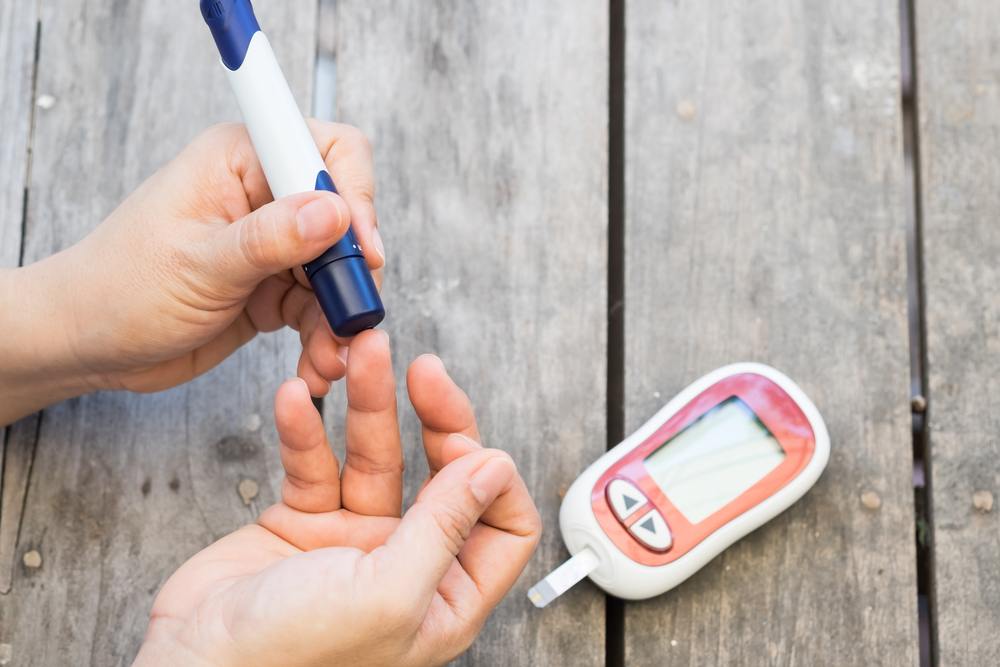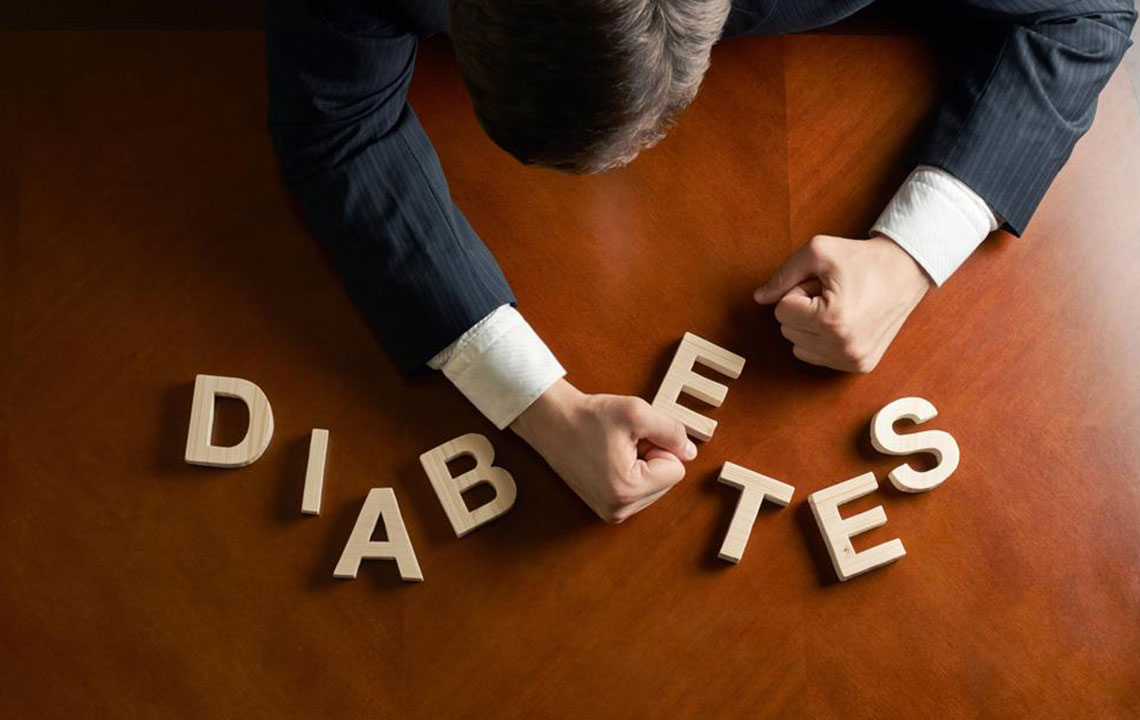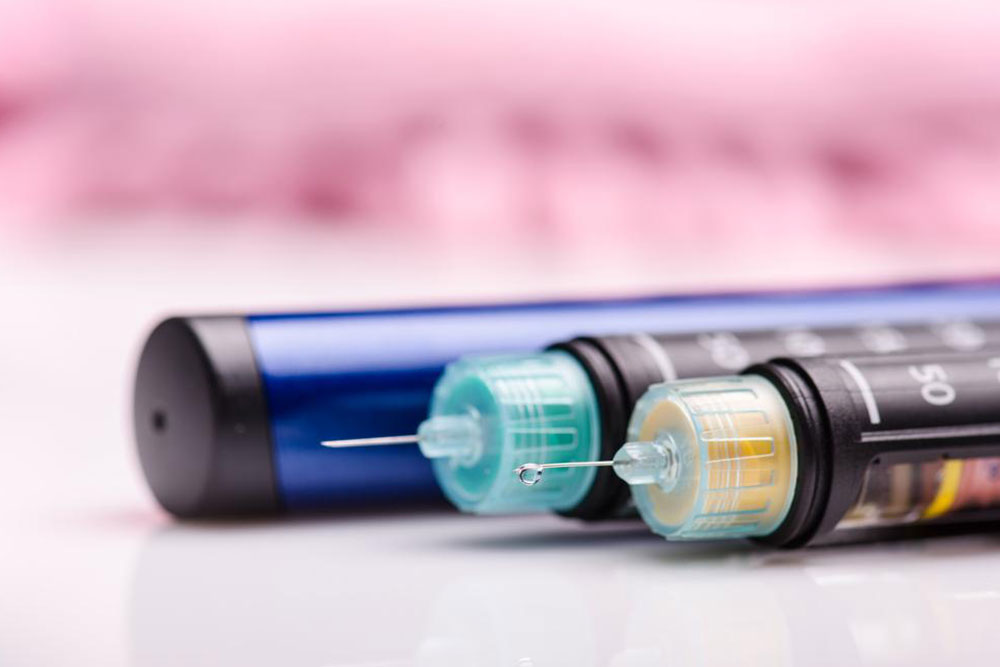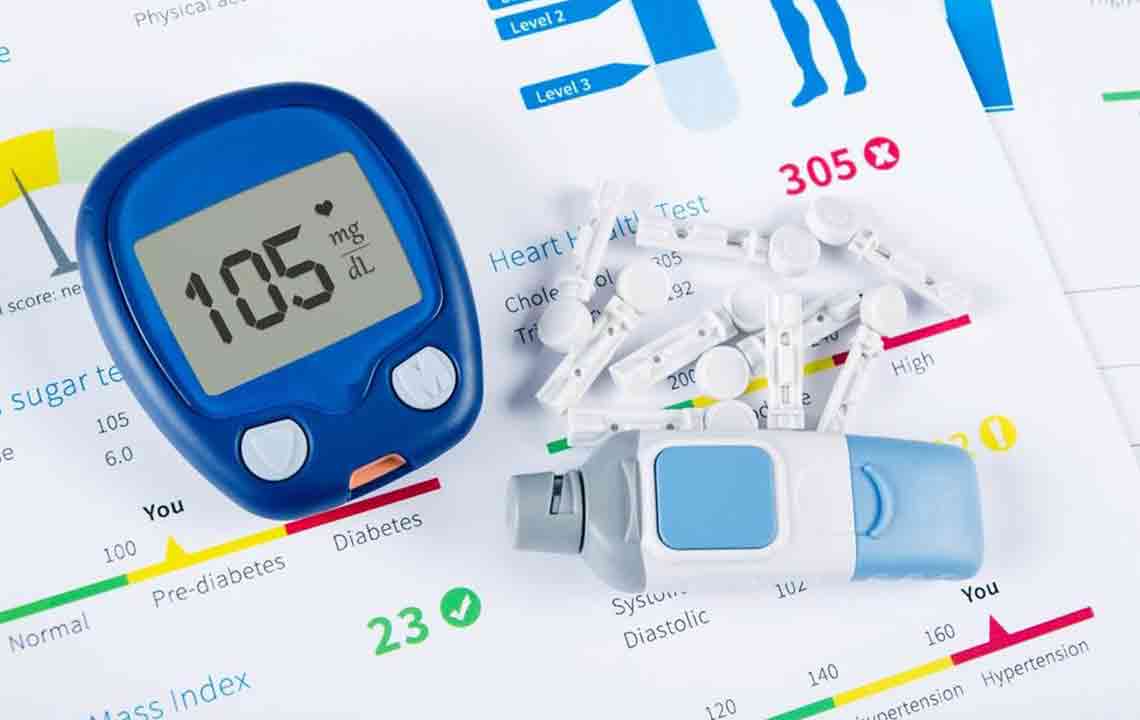Recognize the Top 5 Signs of Diabetes Early
Learn to identify the top 5 warning signs of diabetes early. This guide covers symptoms like frequent urination, persistent thirst, fatigue, weight loss, and itching. Understand the causes, types, and practical tips for prevention and management, emphasizing lifestyle choices to reduce risk. Awareness of these symptoms can aid in early detection and better health outcomes.

Diabetes has become a prevalent health concern, affecting individuals from all walks of life, including celebrities like Justin Bieber and Al Pacino. Understanding the disease and its warning signs is crucial for early diagnosis and management.
What is diabetes?
Diabetes is a condition where blood glucose levels exceed normal ranges. Typically measured after fasting, normal levels for non-diabetics range from 3.9 to 5.5 mmol/L, whereas diabetics may have fasting levels from 4.4 to 7.2 mmol/L.
After meals, blood sugar rises. Normal post-meal levels for non-diabetics are between 6.5 and 7.8 mmol/L, while for diabetics, roughly 10.0 mmol/L.
Key symptoms to watch for:
- Frequent urination, especially at night
- Persistent thirst
- Fatigue and exhaustion
- Unexplained weight loss
- Itching or thrush in the genital area
What causes diabetes?
Central to this condition is insulin, a hormone produced by the pancreas. Insulin's role is to break down sugar from food, storing energy within the body. When insulin production is insufficient or its function impaired, sugar accumulates in the blood, leading to diabetes.
Without insulin effectively unlocking cells for glucose entry, cells starve for energy, causing various health issues. The different types of diabetes arise from how insulin fails:
Prediabetes: An early, milder stage where blood sugar is elevated but not enough to diagnose diabetes. Lifestyle changes can prevent progression.
Type 1 Diabetes: An autoimmune response destroys insulin-producing cells, requiring external insulin through injections or pills.
Type 2 Diabetes: The most common form, characterized by insulin resistance—insulin is produced but can't effectively act on cells. Managing diet and weight is essential.
Gestational Diabetes: Occurs during pregnancy, often managed with insulin therapy and dietary regulation.
Maintaining a positive attitude, healthy eating habits, regular exercise, and reducing sugary drinks can significantly lower your risk of developing diabetes.
Note: Our blog offers comprehensive information across various health topics. While our data is well-researched, it should not replace professional medical advice. Always consult healthcare providers for diagnosis and treatment options.

